View all Standards for National Core Arts Standards
TH:Cn11.2.HSI.b Use basic theatre research methods to better understand the social and cultural background of a drama/theatre work.
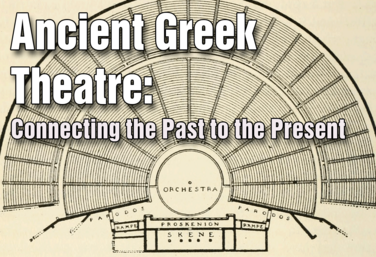
Ancient Greek Theatre
by Lindsay Price

Creating Your Own Musical
by Laramie Dean
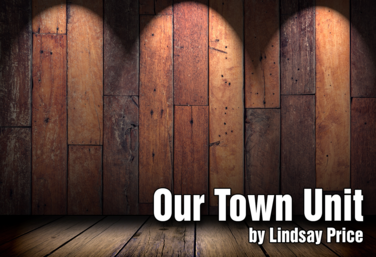
Our Town Unit
by Lindsay Price

Anti-Realism
by Wendy-Marie Martin
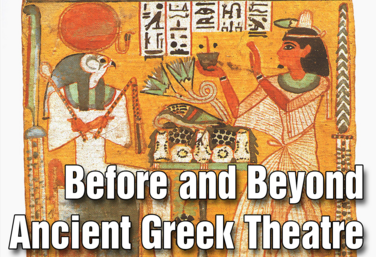
Part of the Theatre History Curriculum
Unit 1: Before and Beyond Ancient Greek Theatre
by Drama Teacher Academy
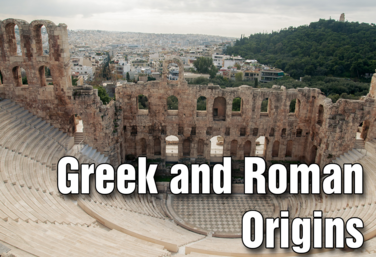
Part of the Theatre History Curriculum
Unit 2: Greek & Roman Origins
by Drama Teacher Academy
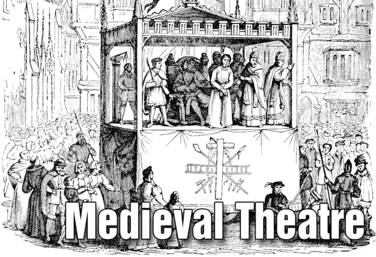
Part of the Theatre History Curriculum
Unit 3: Medieval Theatre
by Drama Teacher Academy
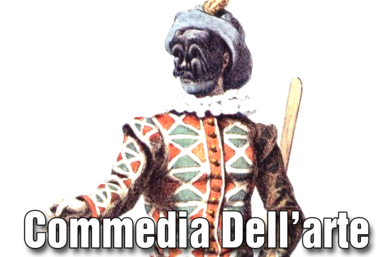
Part of the Theatre History Curriculum
Unit 4: Commedia Dell'Arte
by Drama Teacher Academy
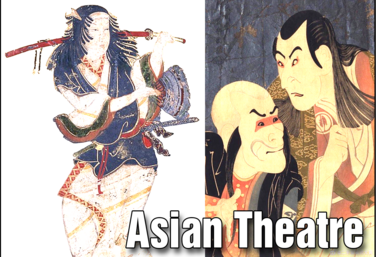
Part of the Theatre History Curriculum
Unit 5: Asian Theatre
by Drama Teacher Academy
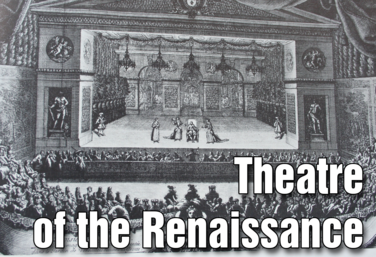
Part of the Theatre History Curriculum
Unit 6: Theatre of the Renaissance
by Drama Teacher Academy
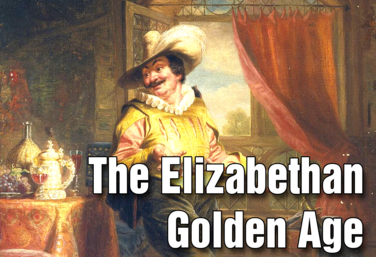
Part of the Theatre History Curriculum
Unit 7: The Elizabethan Golden Age
by Drama Teacher Academy
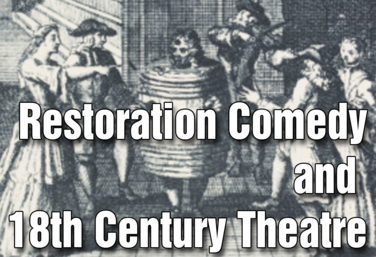
Part of the Theatre History Curriculum
Unit 8: Restoration Comedy & 18th Century Theatre
by Drama Teacher Academy
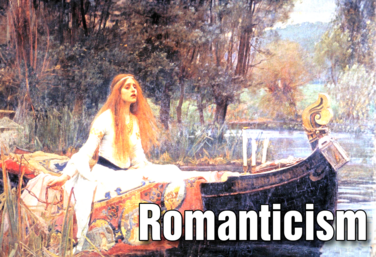
Part of the Theatre History Curriculum
Unit 9: Romanticism
by Drama Teacher Academy
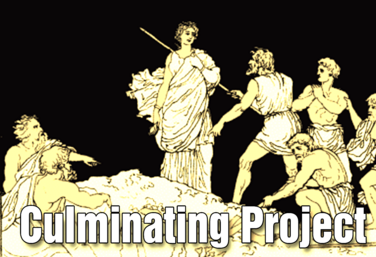
Part of the Theatre History Curriculum
Culminating Project
by Drama Teacher Academy
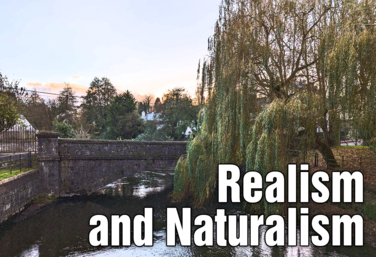.png)
Realism and Naturalism
by Drama Teacher Academy
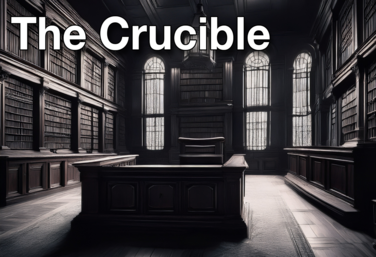
The Crucible Unit
by Lindsay Price
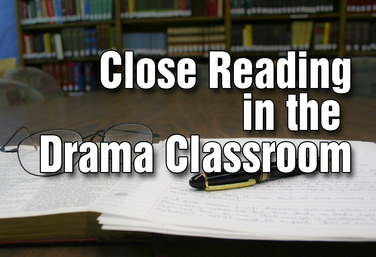
Close Reading in the Drama Classroom
by Lindsay Price

21st Century Skills Through Devising
by Allison Williams

Director's Toolbox 1: Teaching Students to Direct
by James Van Leishout
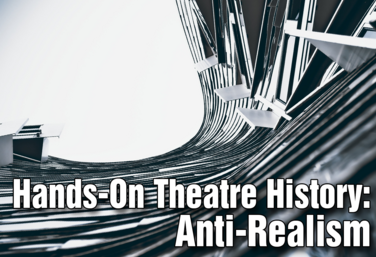
Hands-On Theatre History: Anti-Realism
by Wendy-Marie Martin
View all Standards for National Core Arts Standards Standards Master List